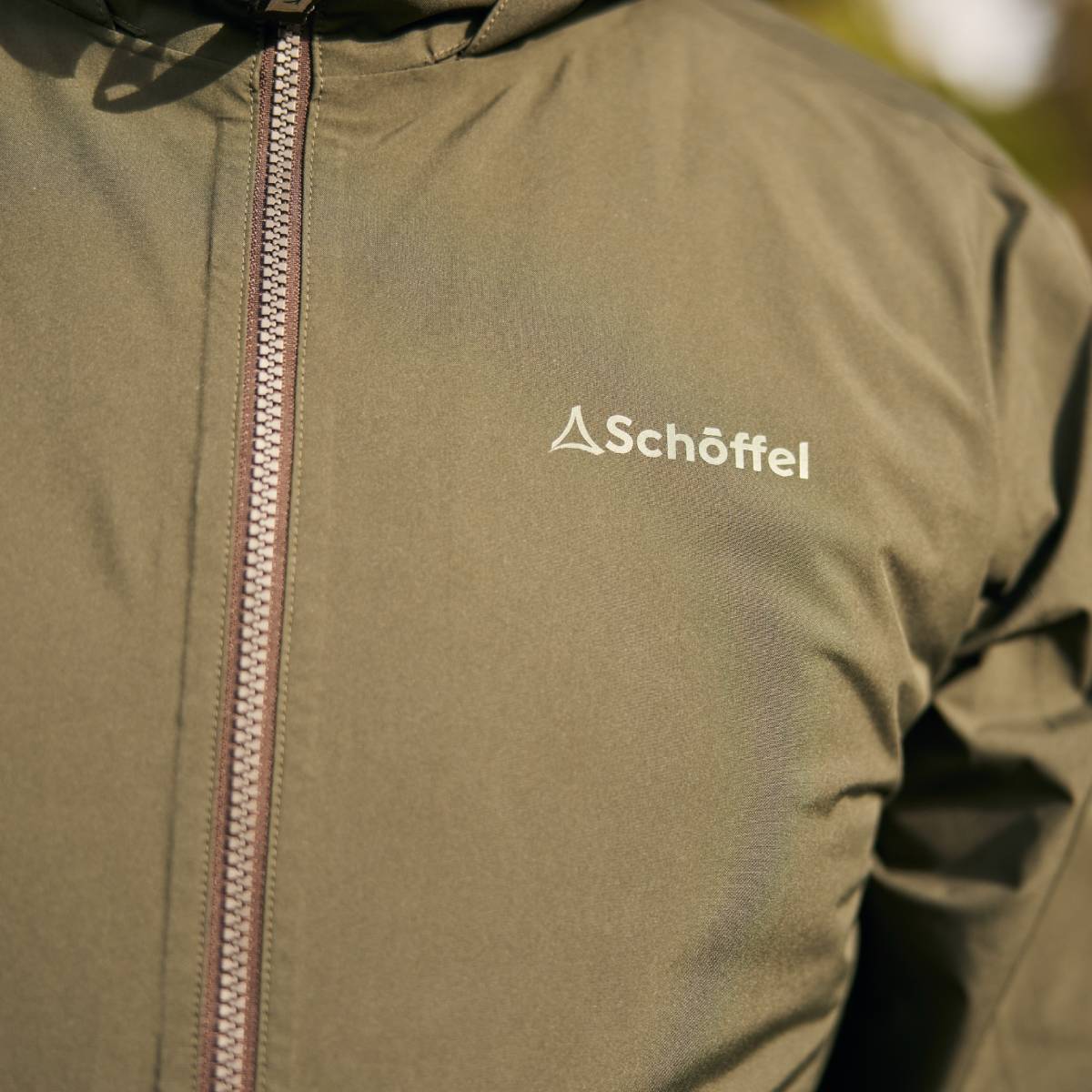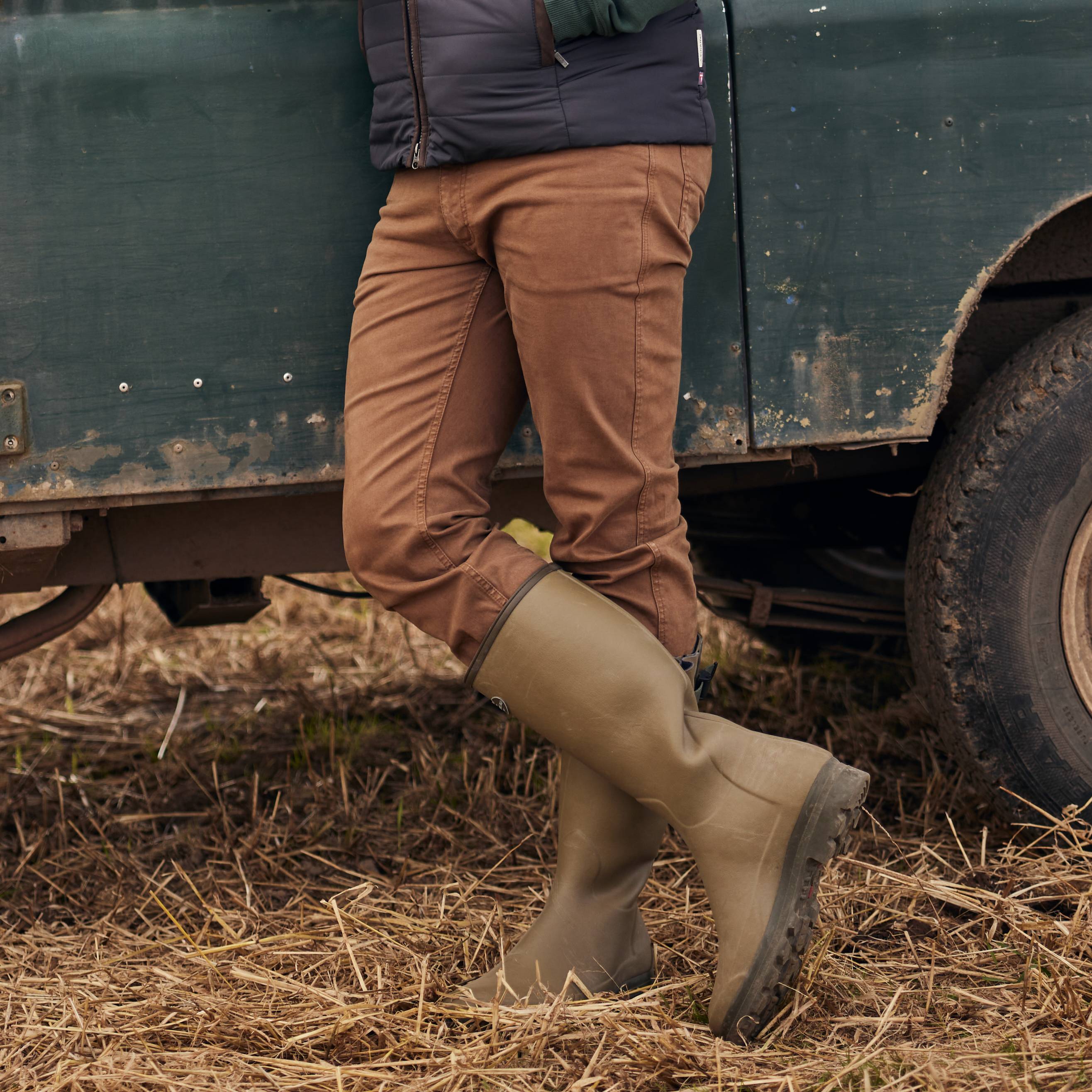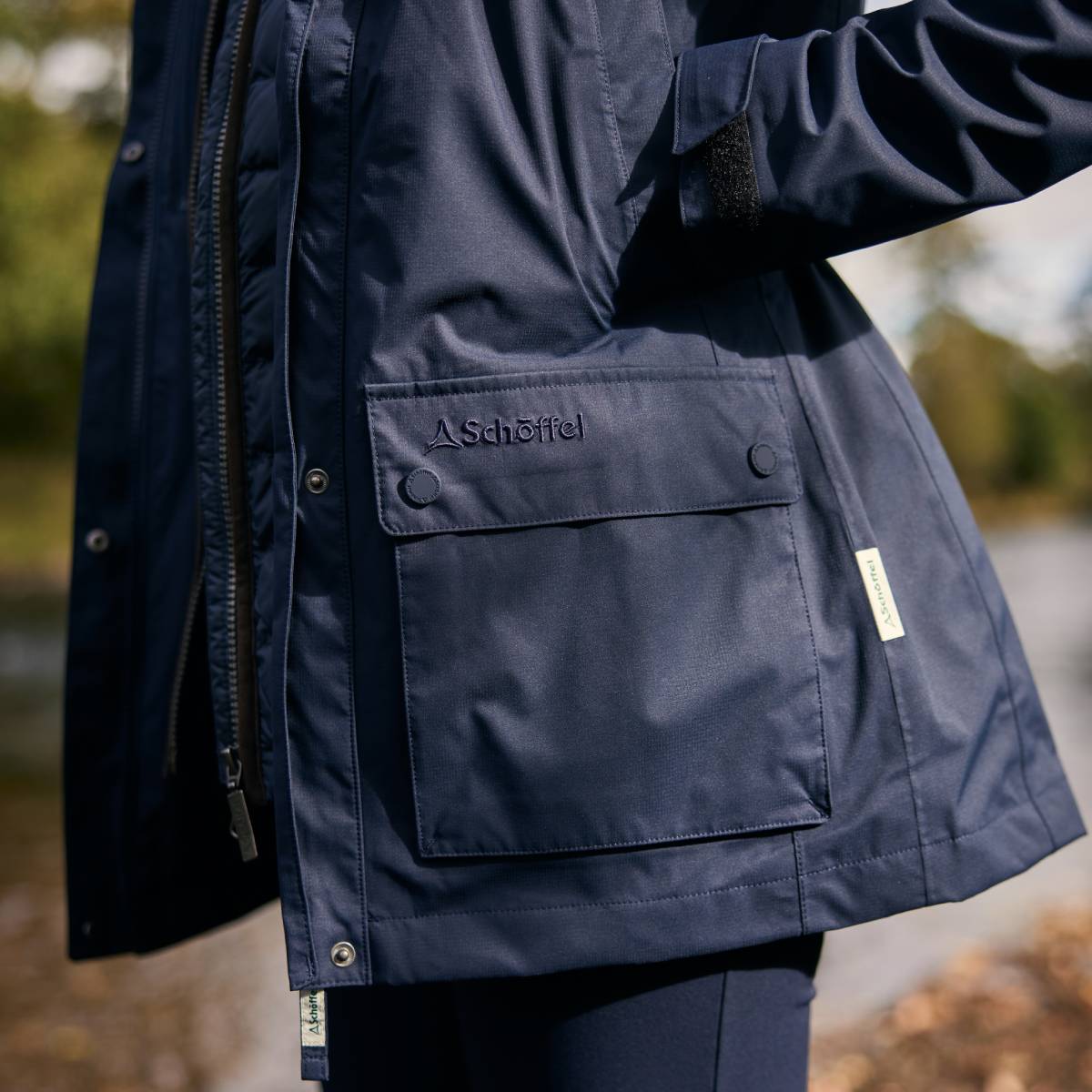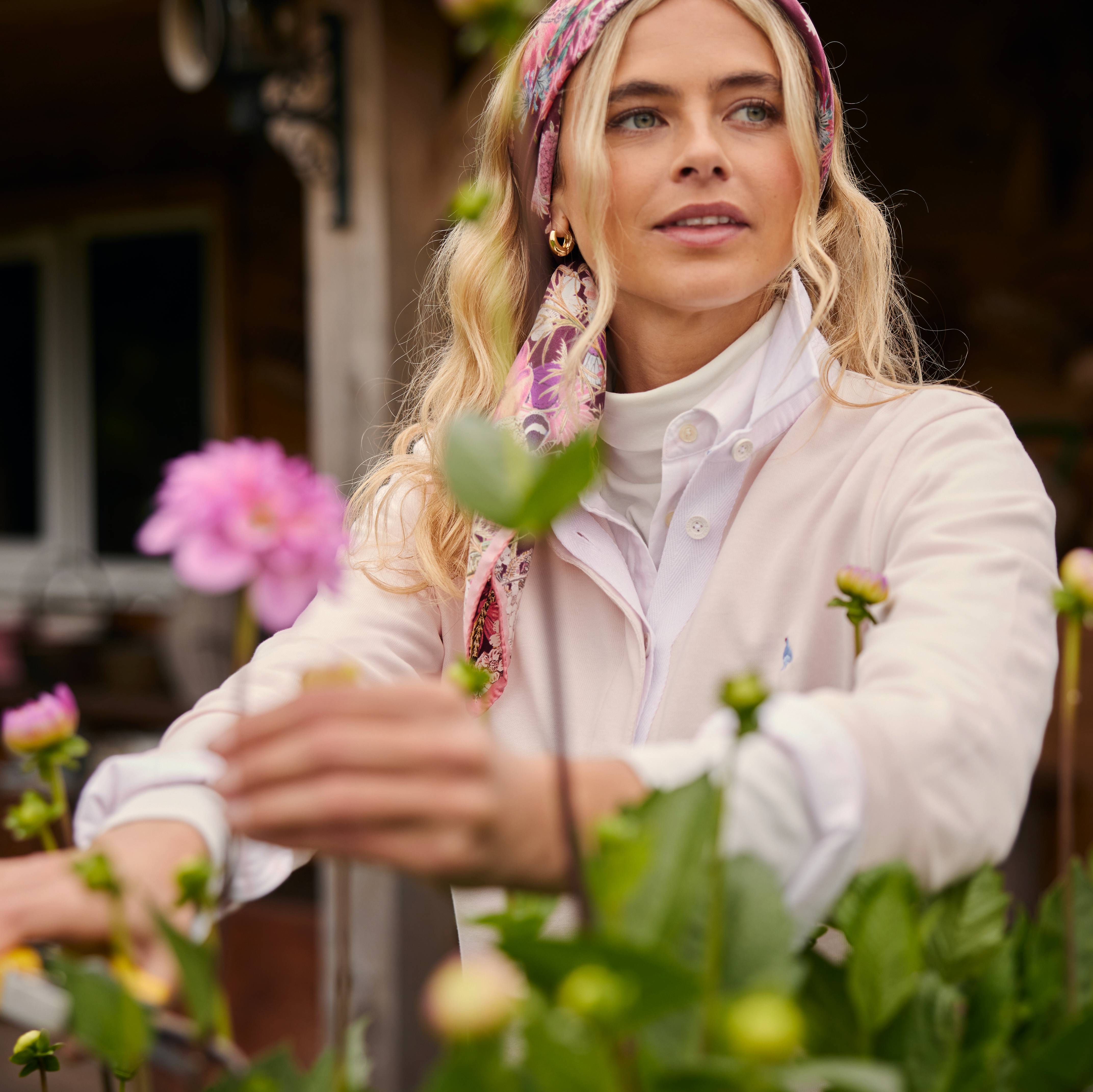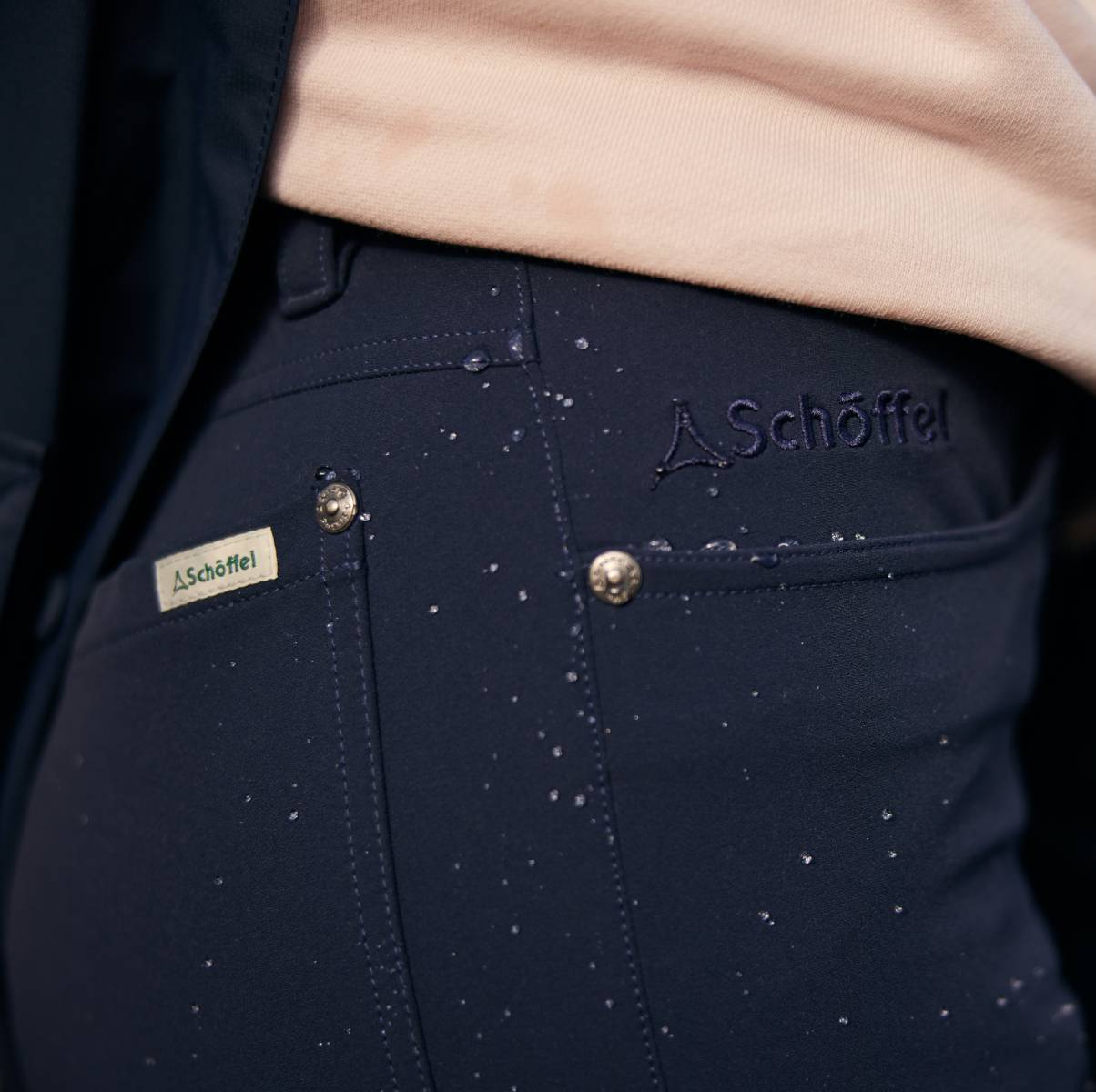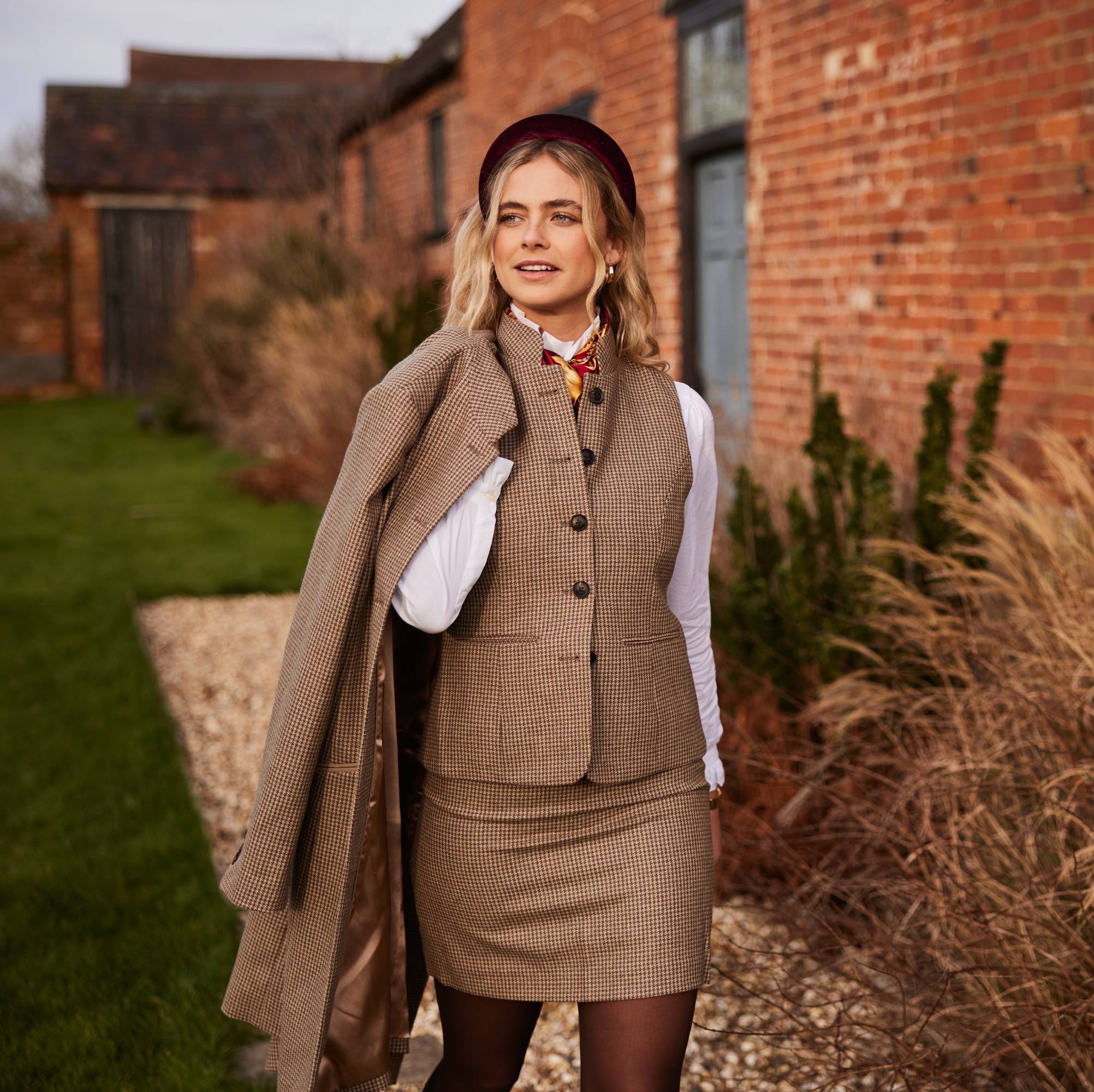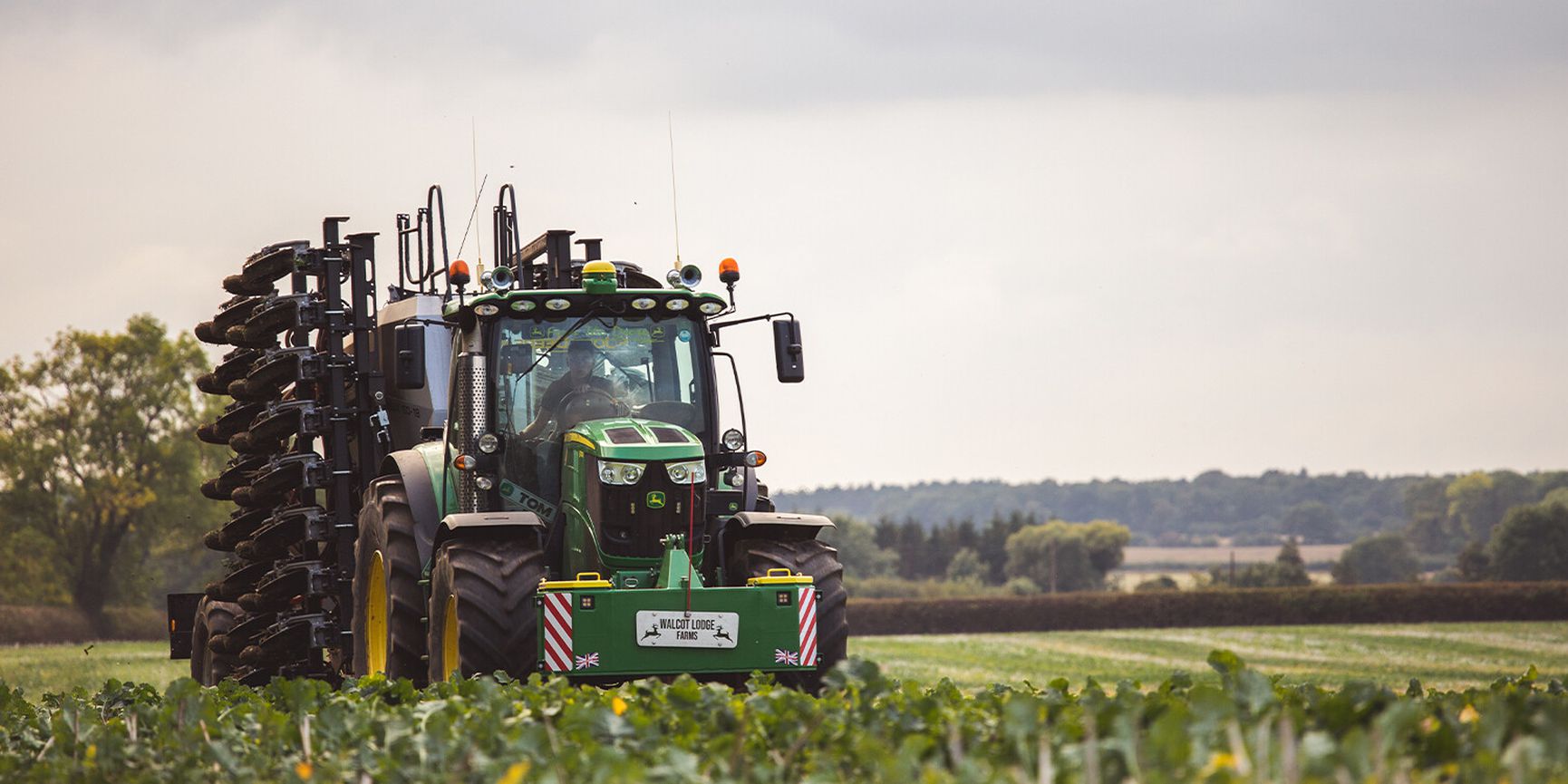
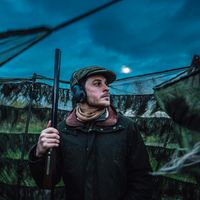
Walcot Lodge Farm
Bill, Jen and Tommy Martin at Walcot Lodge Farm in Northamptonshire epitomise the adaptability and resilience of farming families across the country. Schöffel Country joined them for the day to find out more.
A strong sense of family sits at the heart of farms across Britain. Generations work together, throwing the nine-to-five rulebook out the window and getting stuck in. Calloused hands, tired eyes, dusty overalls… all in the name of putting food on our plates.
Walcot Lodge Farm in Northamptonshire - home to Bill and Jen Martin, who are joined on the land by their son, Tommy - is no exception. Decisions are made together, in the same way problems are faced and laughter is shared. They seem to have struck a balance of experience, youthful energy and the willingness to just give things a go.
During the past half-century, there’s no doubt that our farming families have been at the brunt of massive changes to what is certainly a way of life. As a young lad starting out on the farm in 1970s, Bill remembers how they had nine full-time staff. Now it’s just the three of them - a compact unit - plus daughter Meg when things really get busy. They have computers in tractors and an office through which mountains of paperwork must pass each year. Efficiency is as important as ever.
But sustainability is the buzzword. Nowadays, our rural guardians generally have two options: stick to the methods and mindset of old and watch as their way of life becomes progressively harder; or progress, adapt and invest in new ideas - even if they might be a little alien.
Tommy is particularly keen on exploring 'no till’ options, whereby seed is drilled directly into the organic residue of the previous year’s crop. Earthworms do their thing, soil structure benefits and time and cost is saved by leaving the plough in the shed. Bill is sceptical but appreciates the value of trying it out. “We’ve got to give these things a crack,” he says as we sit around the kitchen table and he ponders the future of agriculture and the lack of young blood coming through.
The thing is, it’s becoming harder and harder to turn a profit from conventional agriculture - which is why more than half of Britain’s farms today are branching out with projects not strictly related to working the land, raising livestock and producing food.
From glamping and llama trekking to ice cream parlours and wedding venues, up and down the country examples abound of diversification success stories that have changed the dynamic of traditional working farms. They’ve injected fresh life into struggling businesses, and offered something new to locals and the visiting public alike. For the grafters who are feeding the nation, they are softening the focus on rain gauges and red tape, and sharpening it on something a little different.
For the Martins, it was Christmas trees - and all quite accidental.
“We started a little pheasant shoot on the farm around the same sort of time we stopped growing potatoes and sugar beet,” explains Bill. “By the yard we have a couple acres of rough, gravelly ground where we decided to plant a mix of Nordmann firs and Norway spruce as game cover. A few years later a friend asked if we might consider selling a few of them. It got us thinking.”
Before long the pheasants were looking for a new home and the last of the original trees that started out as saplings eight years previously had been bundled away to sit pretty in another hallway or bay window. “We’ve since planted a further 8,000 trees across six acres,” explains Jen. “And while we wait for them to mature, we’re buying in freshly cut stock to order from local growers.”
Of course, it’s quite different to growing wheat, barley, oilseed rape and beans. The Christmas trees have brought a new dimension to the farming calendar that 10 years ago the family might never have envisaged. In the workshop, pruning shears hang alongside grease guns, and mowers sit beside Tommy’s new seed drill. ”
Since 2013, their first ‘proper’ year as Fotheringhay Christmas Trees, things have steadily evolved for the Martins. Every December, visitors can expect to find something a little different on offer as the farmyard becomes a ‘destination’ that, over the years, has become a key part of festivities for many local families come Christmastime. There are trees galore, a cavernous gift shop spanning two sheds, straw bales for children to sit on while they listen to a story… It’s a place to make memories. This year a horsebox serving coffees and hot chocolate serves as a new addition. In the future, who knows? Donkeys and reindeer? The options are many.
Crucially, it’s also rustic and real. Farm machinery stands proudly on display and alludes to what keeps Bill, Jen and Tommy busy during the rest of the year. “We’re keen to avoid straying down the road of commercialism,” explains Bill. “It’s important that people see us for what we are: a working farm.”
Trips to Christmas trade fairs in spring and autumn to top up stock for the shop later in the year, offer a break from the norm. It’s an escape from tractors, grain driers and the piles of paperwork that are now par for the course. Even better: it’s not governed entirely by the weather. “The shows and fairs are completely different and actually quite good fun,” admits Bill. “I pick something for the shop, and then Jen thinks it’s absolutely horrendous!” They both laugh.
By all accounts, the greatest challenge of their quite literal ‘branching out' has been getting used to managing lots of visitors to the farm. According to Jen, the chance to meet people, particularly those from the local community, is also the most enjoyable aspect. “I love meeting people,” she says.
“And I love the fact there’s a defined end to it all…” jokes Bill, while mulling over further positives. “… unlike a harvest on the farm that can drag on for weeks or months longer than expected!”
Indeed, by the time the Martins are hanging their stockings by the hearth, the shop is shut, the yard is cleared of its temporary festive forest and they are looking ahead to a new year of new opportunities. Along the way, they will face unpredictable weather, fluctuating prices, rising costs, long hours - you name; they’re up against it. And yet, like so many of our valued farming families, you can bet they’ll take the rough in their stride, stay positive, and sometimes find a little smooth along the way.
Be sure to check out the video above to see the Martin's in action.

